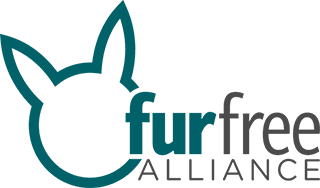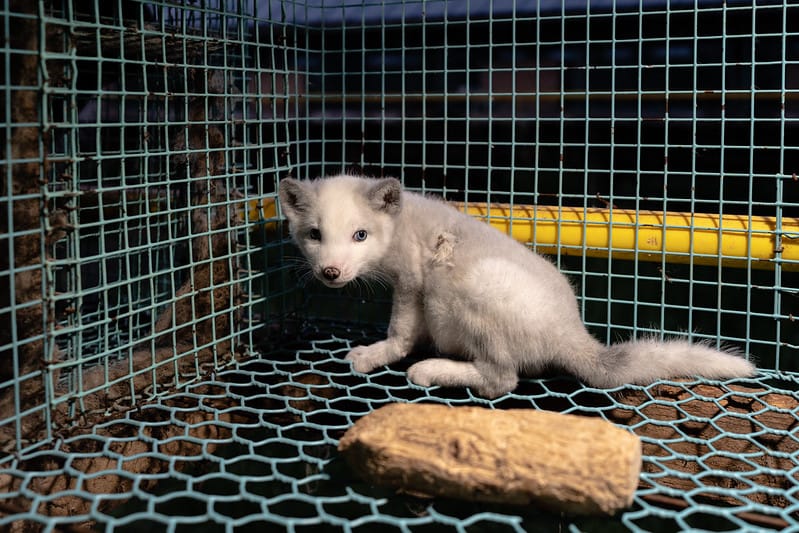
Shocking investigation on probably the largest fur farm in the world
POLAND, 8 SEPTEMBER 2020 – Today, activists from Polish animal rights organisation Otwarte Klatki published the shocking results of a two-month-long investigation at the largest fur farm in Poland. The activist employed on the mink farm documented, among others, cases of cannibalism, open wounds and untreated sick animals. The case was reported to the prosecution.
The investigation was carried out by Yevhen, an activist connected to Open Cages Ukraine branch. On June 16 this year he started working on a mink farm in Góreczki, belonging to Wojciech Wójcik – brother and business associate of Szczepan Wójcik, President of the Polish Fur Industry. This farm is the largest in Poland, and probably even in the world – according to the testimony of the employees, there may be up to half a million animals on it. Yevhen, using a telephone and a hidden camera, documented the conditions on the mink farm for two months.
“Recordings from the farm in Góreczki show numerous cases of cannibalism, aggression, self-aggression, open wounds or paralysis of minks’ limbs,” says Bogna Wiltowska, Director of Investigations and Intervention at Otwarte Klatki. “The Wójcik Brothers boast on every occasion about the excellent animal welfare that, in their opinion, prevails on their farms, blaming activists for publishing materials only from inferior or even illegal farms. Sometimes they even suggest that our recordings do not come from Polish farms, but from China for example”. Wiltowska adds:
“The investigation carried out is unambiguous proof that the suffering of animals is not the result of individual negligence, but a universal problem of the cage system for rearing wild animals for fur.”
Yevhen agreed to share his image and openly spoke on camera about his experiences of working on the fur farm. The activist describes, among others, the dead minks, which he found every day in cages, and the “hospital” – pavilion for sick animals, in which, however, they did not receive veterinary help, but only waited for a faster death by gassing or died untreated in agony.
Paweł Rawicki, President of Otwarte Klatki, says:
“We hope that the subject of the amendment to the Act on animal protection and the ban on fur farming will return to the political scene as soon as possible. Polish society does not want fur farming, and even the biggest players in the industry, despite loud assurances, are not able to guarantee appropriate conditions for animals and prevent their suffering. We expect a reaction from politicians on this matter.”
The ban on animal fur farming is also supported by public opinion. Poland is the third largest fur producer in the world and the fur from farms like Góreczki go to the markets in the whole world.
Representatives of Open Cages submitted a notice to the public prosecutor’s office about the possibility of committing animal abuse.




